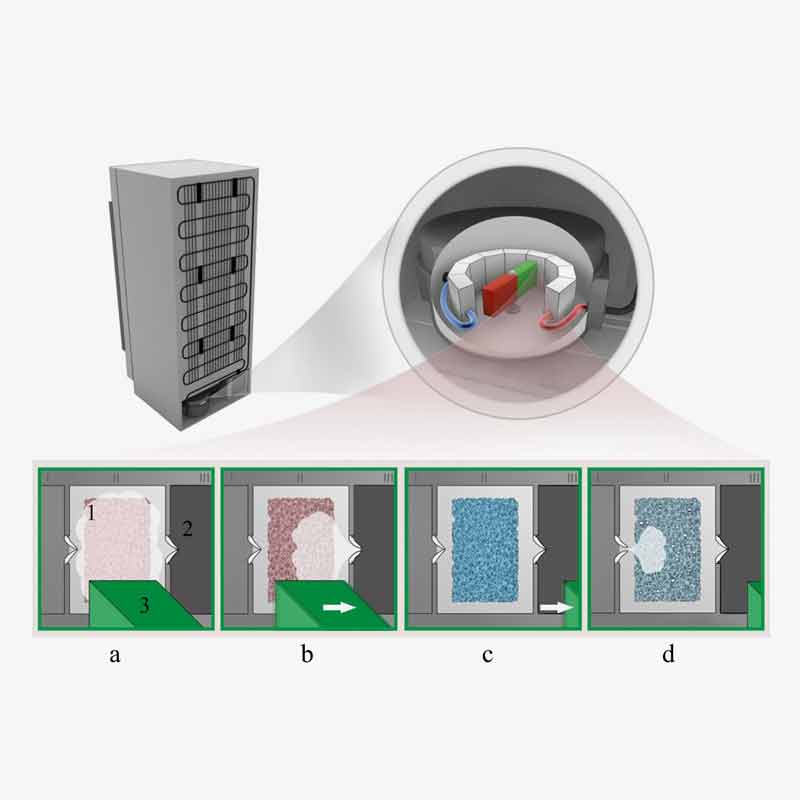Recent Post

Magnets in Restaurant Kitchens

Global supply challenges and HYAB’s role

Electromagnets – a more controllable magnet

Magnetic filtration in the process industry

Sheet metal handling – Easier with magnets
Magnetic nanoparticles ushering in advanced magnetocaloric applications
Published: 2023-06-17 10:08:18 • Ramin Ebrahimnia
A material's temperature can alter when it is exposed to a magnetic field, a process known as the magnetocaloric effect (MCE). Although this effect has been understood for more than a century, new developments in nanotechnology have highlighted magnetic nanoparticles as key components of more effective and adaptable MCE applications.
Nanometer-sized (usually 1-100 nm) particles with magnetic characteristics are known as magnetic nanoparticles. These tiny particles have peculiar magnetic properties, such as superparamagnetism, which makes them perfect for a variety of magnetocaloric applications.
Improve the magnetocaloric effect:
It is possible to create magnetic nanoparticles with a high magnetic moment, which allows them to respond significantly to magnetic fields. These particles can significantly improve a material's magnetocaloric action when they are added to it. This is because materials with a large magnetic moment exhibit a more significant MCE.
Applications:
Magnetic refrigeration is one of the most potential uses of the improved MCE made possible by magnetic nanoparticles. This is a more environmentally friendly option for conventional gas-compression refrigeration. The MCE is used in magnetic refrigeration to produce a cooling temperature gradient. Magnetic refrigeration units are made smaller and more efficient by including magnetic nanoparticles into the cooling medium.
Targeted Drug Delivery: Magnetic nanoparticles are also used in systems that distribute medicine specifically to their intended recipients. Utilizing external magnetic fields, the nanoparticles can be manipulated and controlled by utilizing the MCE.
Recovery of waste heat is essential for increasing energy effectiveness. Systems created to recover waste heat and transform it into usable energy can make use of magnetic nanoparticles. These systems utilise waste heat to create magnetic fields that can later be transformed into electrical energy by utilizing the MCE.
Sensing and Detection: Magnetic nanoparticles with improved MCE are valuable for sensing applications, particularly for picking up minute changes in magnetic fields. This is useful in areas like medical diagnostics, where magnetic nanoparticles can aid in the discovery of anomalies like cancer.
Conclusion:
Magnetocaloric effect applications have a tremendous amount of potential to be revolutionized by the science of magnetic nanoparticles. These little magnetic powerhouses are having a significant influence on everything from magnetic refrigeration to targeted medicine delivery.


